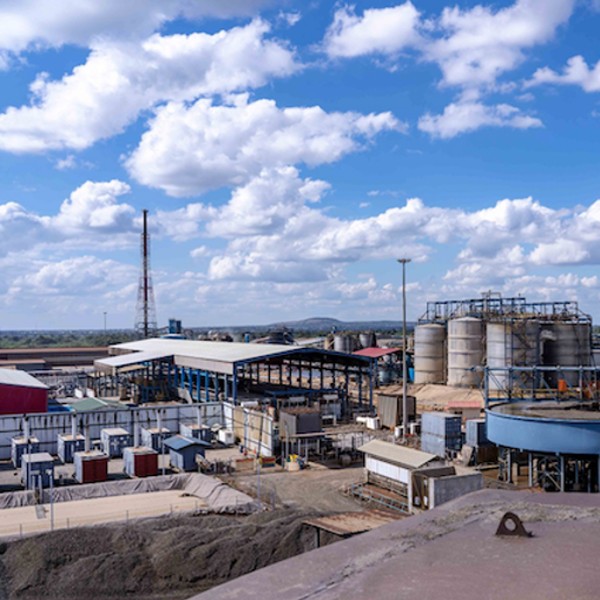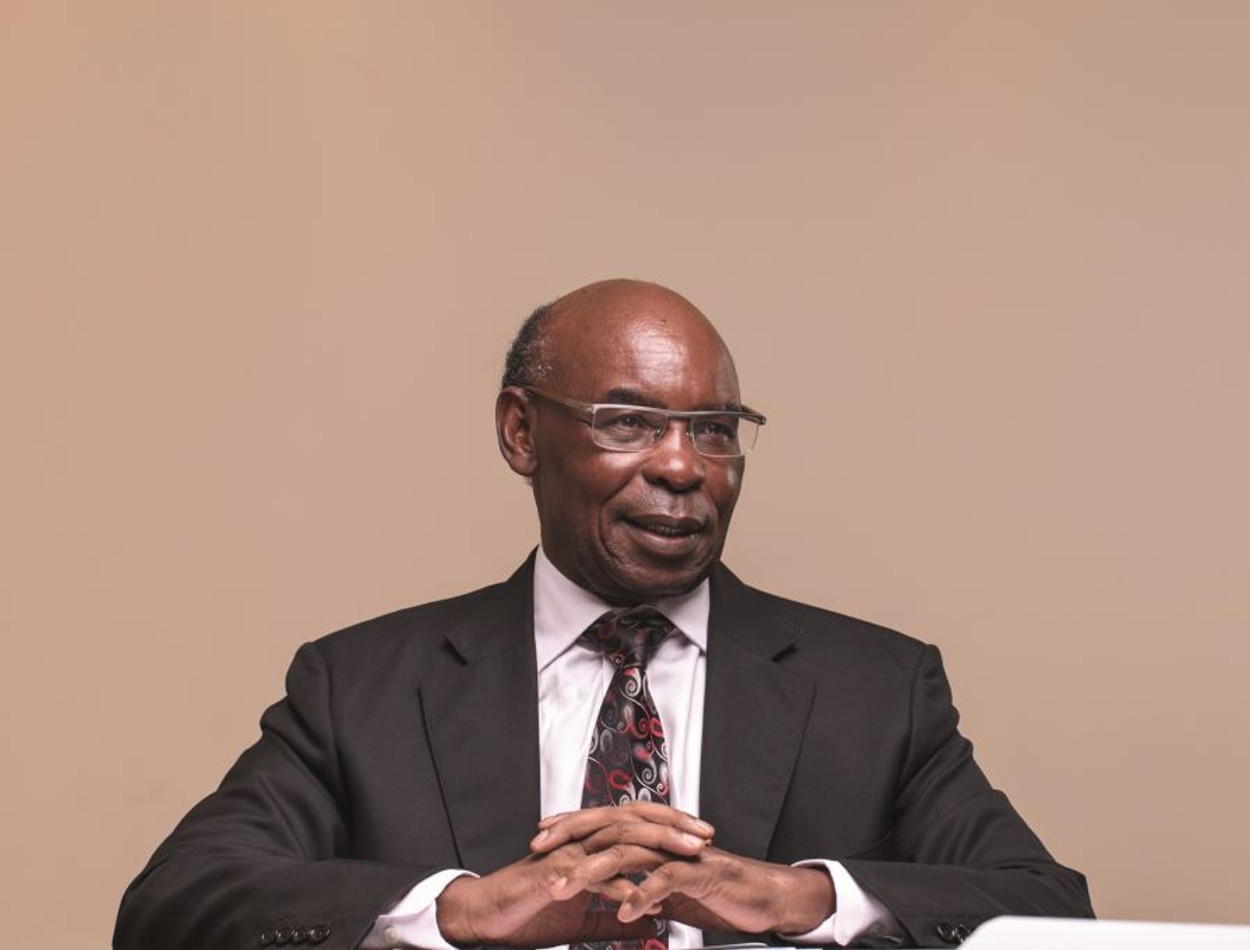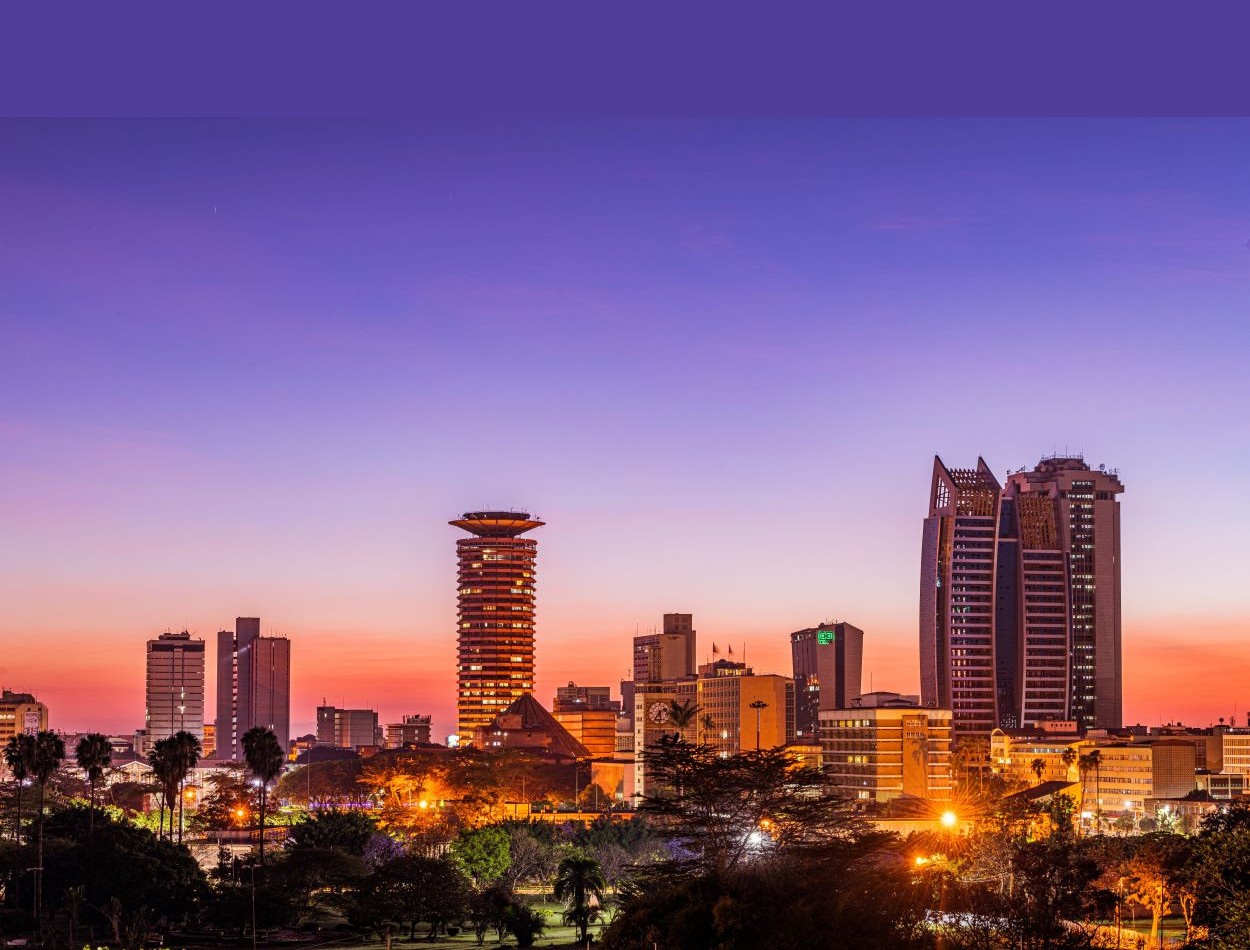With its abundant natural resources, a growing manufacturing sector, and vast arable lands, the African continent presents many business opportunities.
From agriculture, mining, technology, finance, manufacturing, and hospitality, Africa is a promising business destination for investors from all over the world.
Some of the factors making Africa an ideal destination for investment include;
Large Consumer Market
Africa has a rapidly growing population. The continent also has a high rate of rising middle class and an increasing urbanization trend.
This demographic trend presents significant opportunities for businesses in sectors such as retail, consumer goods, and services.
Large and growing consumer enhances access to high numbers of potential customers. More customers mean more potential transactions, and increased sales that are a driving force to the overall business growth.
Natural Resources
Africa is rich in natural resources, including oil, minerals, and agricultural land found in various countries around the continent.
The availability of natural resources poses a great attraction for business sectors such as mining, agriculture, and energy.
Available natural resources enhance low input costs and a constant supply of the needed resources to the businesses enhancing profitability and competitiveness in the market.
Untapped business opportunities
Some sectors of the African business field are underdeveloped and offer significant growth potential. Tapping into these opportunities ensures a booming business due to low competition.
As business entrepreneurs, identifying these business opportunities around the continent gives the first-mover advantage.
Investing in untapped opportunities also allows easy business flexibility and adaptability to experiment in various countries.
Strategic location
Africa is located between Europe, the Middle East, and Asia making it an attractive market for businesses looking to expand their global reach.
The strategic location enhances the access to key shipping routes and growing trade agreements making the continent a good business space.
Government support
Many African governments offer support to attract foreign investment and promote economic growth. These include tax breaks, investment guarantees, and streamlined regulatory processes.
Government support can vary from funding, regulatory support, and market access that fosters a culture of innovation for different business ventures.
Regional integration initiatives
As a continent regional initiatives like African Union, EAC, ECOWAS, and SADC offer great economic integration measures.
This integration creates larger market opportunities and facilitates cross-border trade and investment.
Infrastructure Investment
Over the years, African countries have seen the improvement of infrastructure in various countries. The development of expressways and international airports around the continent has enhanced business opportunities.


Doing business in Africa is not without its challenges. Some of the difficulties an investor is likely to face are;
Economic volatility and Currency Depreciation
Many African countries experience economic volatility enhanced by fluctuating commodity prices, currency devaluation, and high inflation rates. These factors can make it difficult to plan and invest in the long term.
Economic volatility makes it difficult for businesses that buy and sell products from Western countries and China. The countries that have a strong demand for the US dollar import payments.
Market fragmentation
Africa is a diverse continent with many different languages, cultures, and regulatory environments. Most countries have their market trends that can vary widely with neighboring countries. This fragmentation can make it challenging for businesses to expand across borders and tap into regional markets.
With over 50 countries, the African culture is highly diverse. Understanding each culture can sometimes be a problem when investing in the continents. Sometimes there can be miscommunication arising from cultural misunderstandings.
Infrastructure deficiencies
As much as many countries are tapping to improve their infrastructure, there still remains a huge part of African countries with poor infrastructure. Many parts of Africa lack adequate infrastructure, including roads, ports, and power supply.
Poor infrastructure can increase capital costs and hinder the movement of goods and services. This can therefore lead to slow business investment ventures in many countries.
Political instability and corruption
Political instability and corruption can create uncertainty and increase the risk of doing business in Africa. Countries such as the Democratic Republic of Congo (DRC) have experienced high political instability that makes it a risky African country to invest in.
Access to finance
Access to finance is limited in many African countries, particularly for small and medium-sized enterprises (SMEs). The high-interest rates, difficult lending criteria, and a lack of collateral can make it challenging for businesses to access the capital they need to grow.
This can affect processes such as opening a bank account, registering your company, and gaining product approval which can make it difficult to expand business in the continent.






